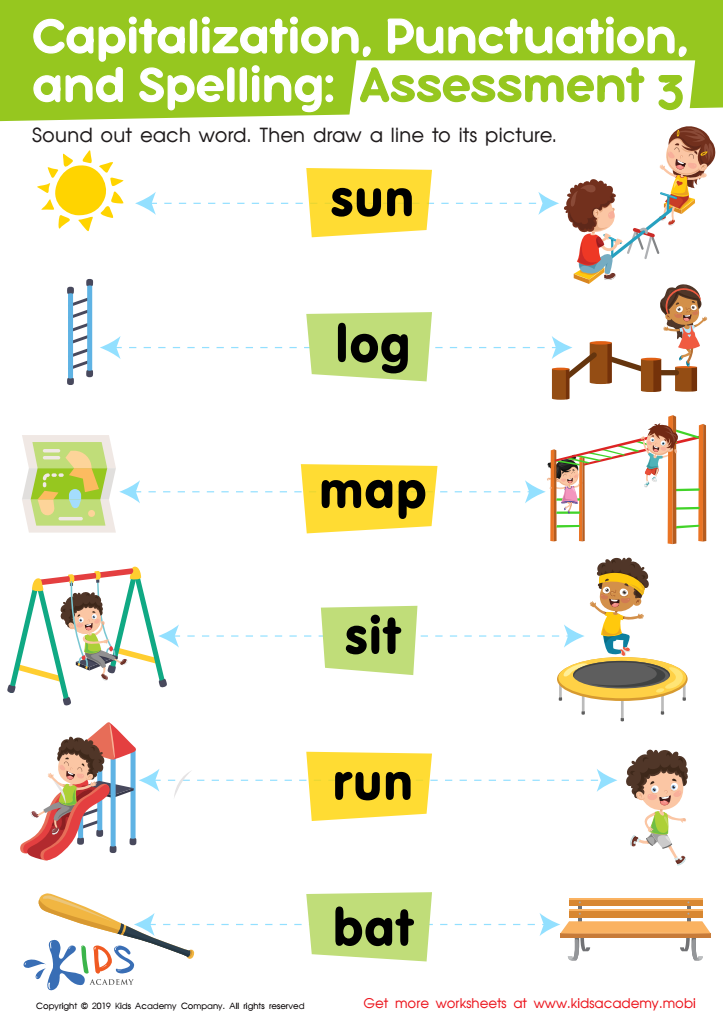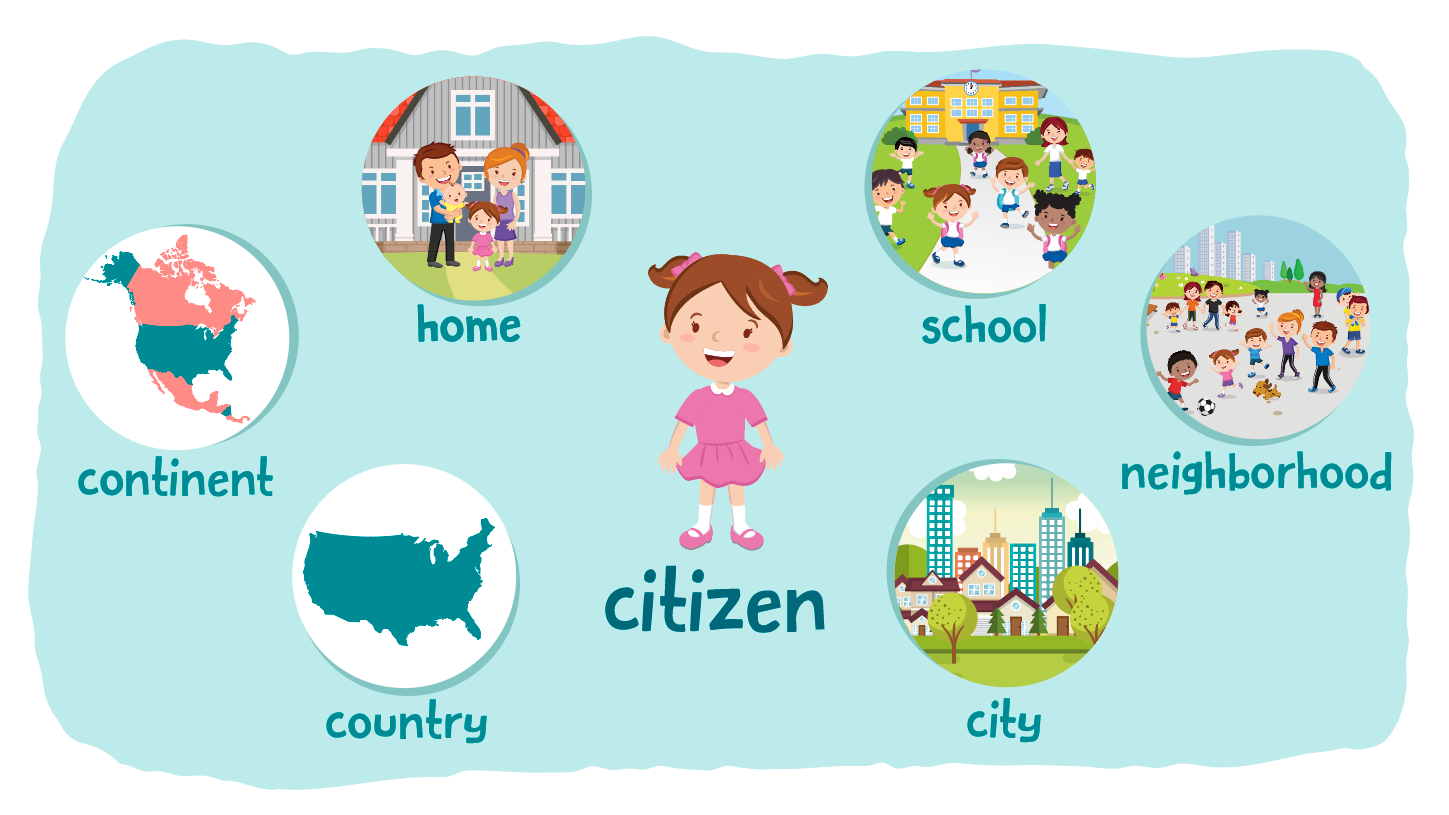Three Letter Words Phonics worksheets activities for Ages 5-6
1 filtered results
-
From - To


Capitalization. Punctuation. Spelling. Assessment 3 Worksheet
Unlocking Literacy with Three Letter Words Phonics Worksheets Activities
Three Letter Words Phonics worksheets activities are an unparalleled tool in the early education toolkit, offering young learners a foundation that is both solid and engaging. Phonics—a method for teaching reading and writing by developing learners' phonemic awareness—is crucial in the initial stages of literacy. The focus on Three Letter Words within these phonics activities is particularly beneficial for several reasons.
Firstly, the simplicity and accessibility of Three Letter Words make them an excellent starting point for children. These words often consist of simple vowel-consonant-vowel (VCV) patterns, which are easier for young learners to decode. By using Three Letter Words Phonics worksheets, children can practice these patterns, enhancing their ability to blend sounds into words—a critical reading skill.
Moreover, these worksheets activities provide a structured learning environment where children can engage in repetitive practice. Repetition is key in the early stages of learning to read, as it reinforces memory and facilitates the transition from decoding words to recognizing them by sight. This boosts reading fluency and confidence, encouraging learners to delve deeper into reading materials.
Additionally, the interactive nature of Three Letter Words Phonics worksheets activities helps in keeping the learning process fun and engaging. Whether it’s through matching exercises, fill-in-the-blanks, or word puzzles, these activities stimulate children’s interest and curiosity about words. This not only enhances learning outcomes but also fosters a positive attitude towards reading and literacy.
Importantly, mastering Three Letter Words sets the stage for more complex phonics learning, including digraphs, blends, and multisyllabic words. This early mastery builds a strong foundation, enabling smoother progression in literacy.
In conclusion, the utility of Three Letter Words Phonics worksheets activities in early education cannot be overstated. They provide a critical stepping-stone in literacy, combining the essential elements of simplicity, repetition, engagement, and foundational skill-building. By incorporating these activities into the learning process, educators and parents can significantly enhance children's reading capabilities, setting them on the path to becoming confident and proficient readers.
 Assign to My Students
Assign to My Students

















